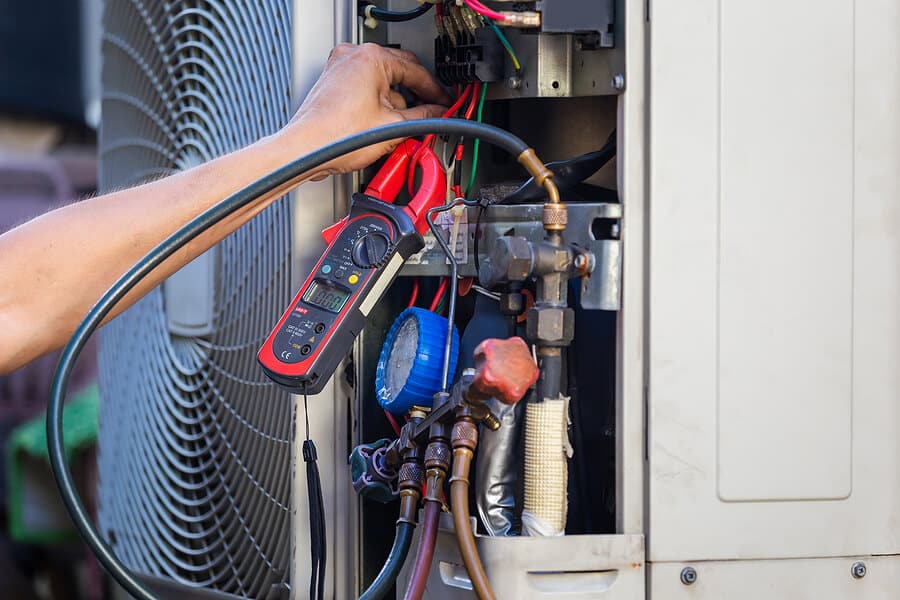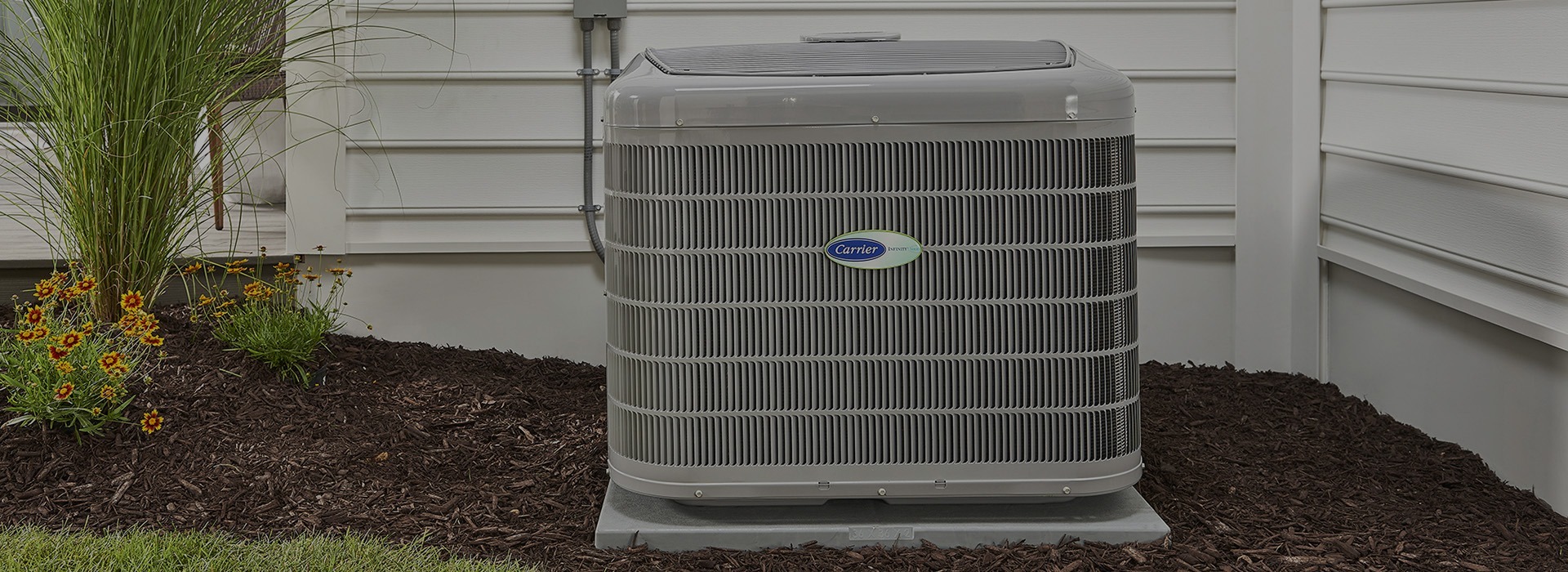Efficient Heating Repairs Done Right by DMAKS HVAC Experts.
Efficient Heating Repairs Done Right by DMAKS HVAC Experts.
Blog Article
Energy-Efficient A/c Systems to Reduce Utility Expenses
As power expenses continue to rise, the value of energy-efficient cooling and heating systems comes to be progressively obvious. These systems not only promise significant cost savings on energy costs yet likewise add to an extra lasting future by lessening energy intake. With different choices offered, consisting of geothermal heat pumps and ductless mini-splits, property proprietors face a multitude of choices that can enhance convenience and air high quality. Comprehending the vital attributes and upkeep demands is essential to making the most of these advantages. What aspects should be prioritized when selecting the right system for your requirements?
Benefits of Energy-Efficient A/c Equipments
Energy-efficient Cooling and heating systems offer countless advantages that expand beyond plain price financial savings. By consuming less energy, these systems contribute to reduce greenhouse gas exhausts, aiding to battle climate adjustment and promote sustainability.
Additionally, energy-efficient HVAC systems usually provide improved convenience degrees. Most of these systems include advanced innovation that enables much better temperature control and improved air high quality (DMAKS HVAC). This leads to a much healthier indoor environment, which is especially essential for people with allergic reactions or breathing issues
Furthermore, buying energy-efficient heating and cooling systems can enhance home worth. As even more customers focus on energy performance, homes and structures outfitted with these systems might attract higher proposals in the property market.
Sorts Of Energy-Efficient A/c Options
Just how can homeowners and services select the most suitable energy-efficient a/c options for their needs? The marketplace provides a range of energy-efficient a/c systems, each developed to enhance convenience while minimizing power consumption.
One option is the variable cooling agent flow (VRF) system, which successfully manages the temperature in numerous areas within a structure. This system adapts its cooling agent circulation to match the desired temperature, leading to considerable power financial savings.
One more popular selection is geothermal heatpump, which use the earth's steady temperature to warmth and awesome spaces. By moving warm to and from the ground, these systems show excellent performance, especially in moderate climates.
Furthermore, ductless mini-split systems give an energy-efficient choice for homes doing not have ductwork. These systems permit zone-specific heating and cooling, lowering power waste in vacant locations.
Finally, high-efficiency heating systems and a/c unit, with advanced SEER and AFUE rankings, use trustworthy climate control while taking in less energy than standard models. By examining these alternatives, house owners and businesses can select a heating and cooling system tailored to their details demands and power effectiveness objectives.
Key Features to Think About

Next, examine the kind of check this compressor made use of in browse this site the system. DMAKS HVAC. Variable-speed compressors can readjust their result to match the heating or cooling down demand, bring about enhanced comfort and energy financial savings contrasted to single-speed designs. In addition, seek systems equipped with wise thermostats that offer programmable settings and remote accessibility, permitting for far better control over power consumption
One more important attribute is the system's air purification ability. High-efficiency filters can boost indoor air quality and lower power intake by making certain the system runs successfully. Take into consideration the type of cooling agent made use of; modern systems frequently use environmentally friendly cooling agents that have a reduced environmental influence.
Finally, guarantee that the system works with zoning modern technology, which permits tailored temperature level control in different areas of your home, boosting convenience while lessening energy use.
Tips for Selecting the Right System


Following, consider energy performance rankings, particularly the Seasonal Energy Effectiveness Proportion (SEER) for cooling down systems and the Yearly Fuel Use Performance (AFUE) for furnace. Higher ratings indicate higher performance, which can cause significant savings on utility bills with time.
In addition, evaluate the kind of HVAC system that ideal matches your way of life and budget plan. Options consist of central air conditioning, ductless mini-splits, and heat pumps, each with its own collection of advantages and downsides.
Do not ignore the value of appropriate installation and sizing; an incorrectly sized system can result in inefficiencies and increased wear. Finally, consult with a specialist HVAC service provider to obtain experienced suggestions tailored to your home's home one-of-a-kind needs. This comprehensive approach will make sure that you pick an energy-efficient HVAC system that fulfills your requirements and budget effectively.
Maintenance for Ideal Effectiveness
As soon as the appropriate cooling and heating system is in area, ongoing upkeep comes to be vital to ensuring optimum efficiency and long life. A well-kept system runs better, resulting in lower power intake and decreased utility bills. Routine examinations and tune-ups must be arranged at the very least two times a year-- as soon as prior to the cooling season and as soon as before the heating season.

Property owners ought to also be watchful concerning checking their heating and cooling system's efficiency. Unusual sounds, fluctuating temperatures, or increased power costs can show underlying issues that need immediate attention. By resolving these problems without delay, home owners can prevent costly repairs and expand the lifespan of their systems.
Buying an upkeep plan with a certified professional not only improves efficiency but likewise gives assurance, knowing that the system is running at its best. DMAKS HVAC. Regular upkeep is for that reason vital for sustaining energy performance and minimizing overall functional prices
Final Thought
To conclude, energy-efficient heating and cooling systems present a sensible remedy for reducing energy expenses while enhancing convenience and air quality. By including sophisticated technologies and alternatives such as geothermal heat pumps and ductless mini-splits, property owners can attain substantial energy savings and add to ecological sustainability. Careful consideration of system functions and ongoing maintenance further makes certain optimal efficiency, making energy-efficient systems a prudent investment for both financial and ecological benefits.
Report this page